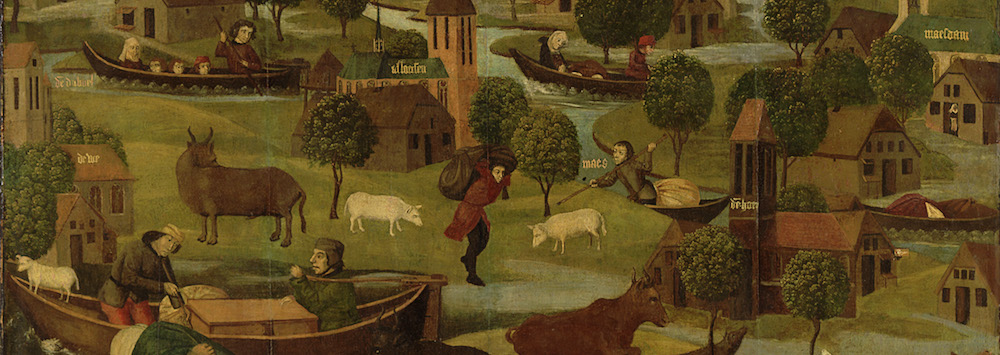About The History Project
Economic history grew out of the interest of historians and economists in understanding the economic crises of the 1890s and 1930s. The 2010s are a moment of comparable anxiety, excitement, and opportunity. Since the launch of the Institute for New Economic Thinking, there has been increasing recognition that connections between economics and related disciplines -- and connections to history in particular -- are essential to understanding the social, political, and environmental changes now under way. It is this moment of opportunity that the History Project hopes to develop into lasting innovation. The future of economic history requires a reconstitution of the interest, within history departments, in economic change. This is so on even the narrowest definition of economic history as applied economics using historical data. Economists will continue to need well-informed historical scholarship, qualitative and quantitative, as a source of data, and of informed criticism of the data to be used. A new history of economic life, which engages both with economic history and with the history of economic thought, can also extend across and transcend the distinctions between different kinds of history -- transnational, social, business, political, cultural, legal or intellectual.

